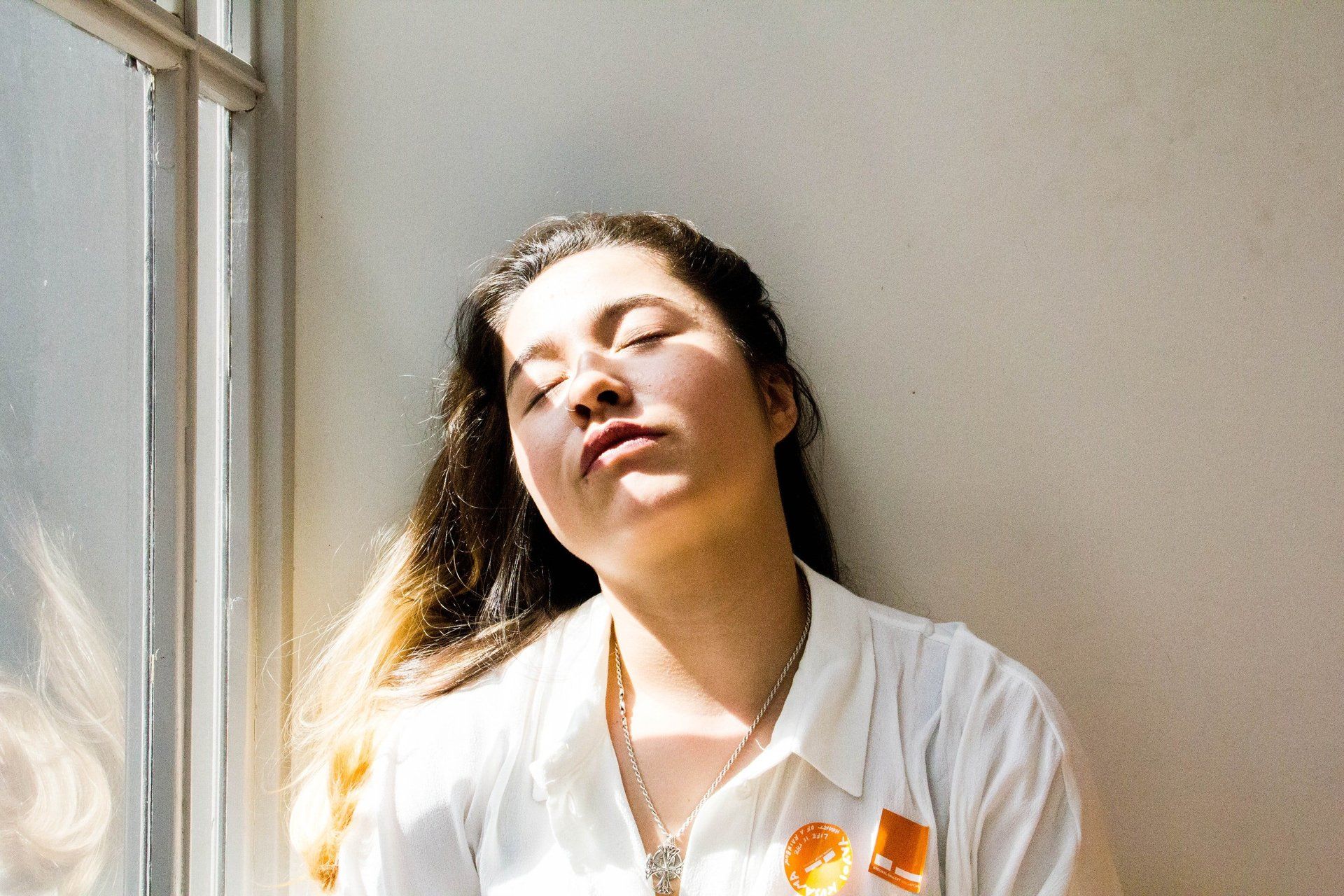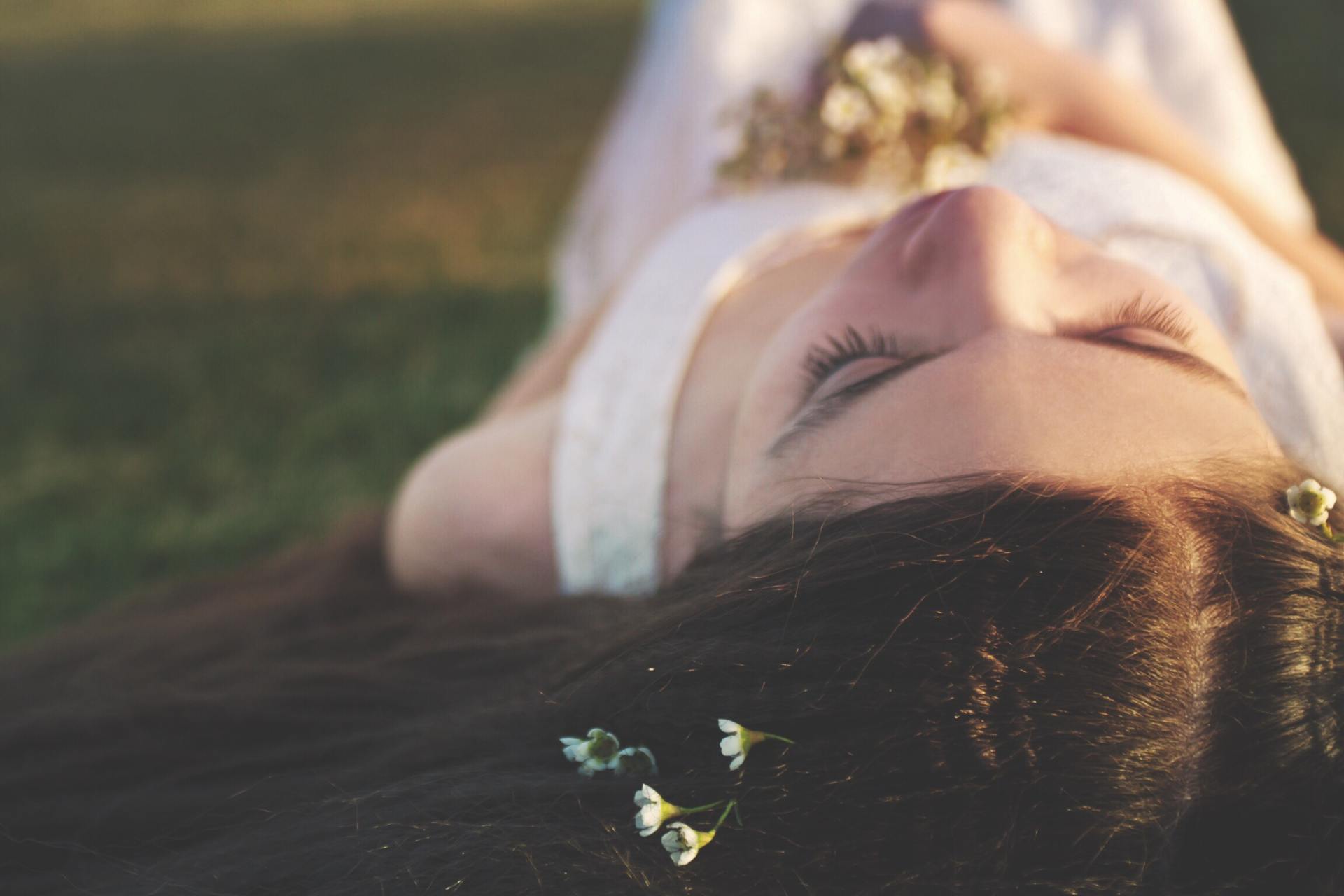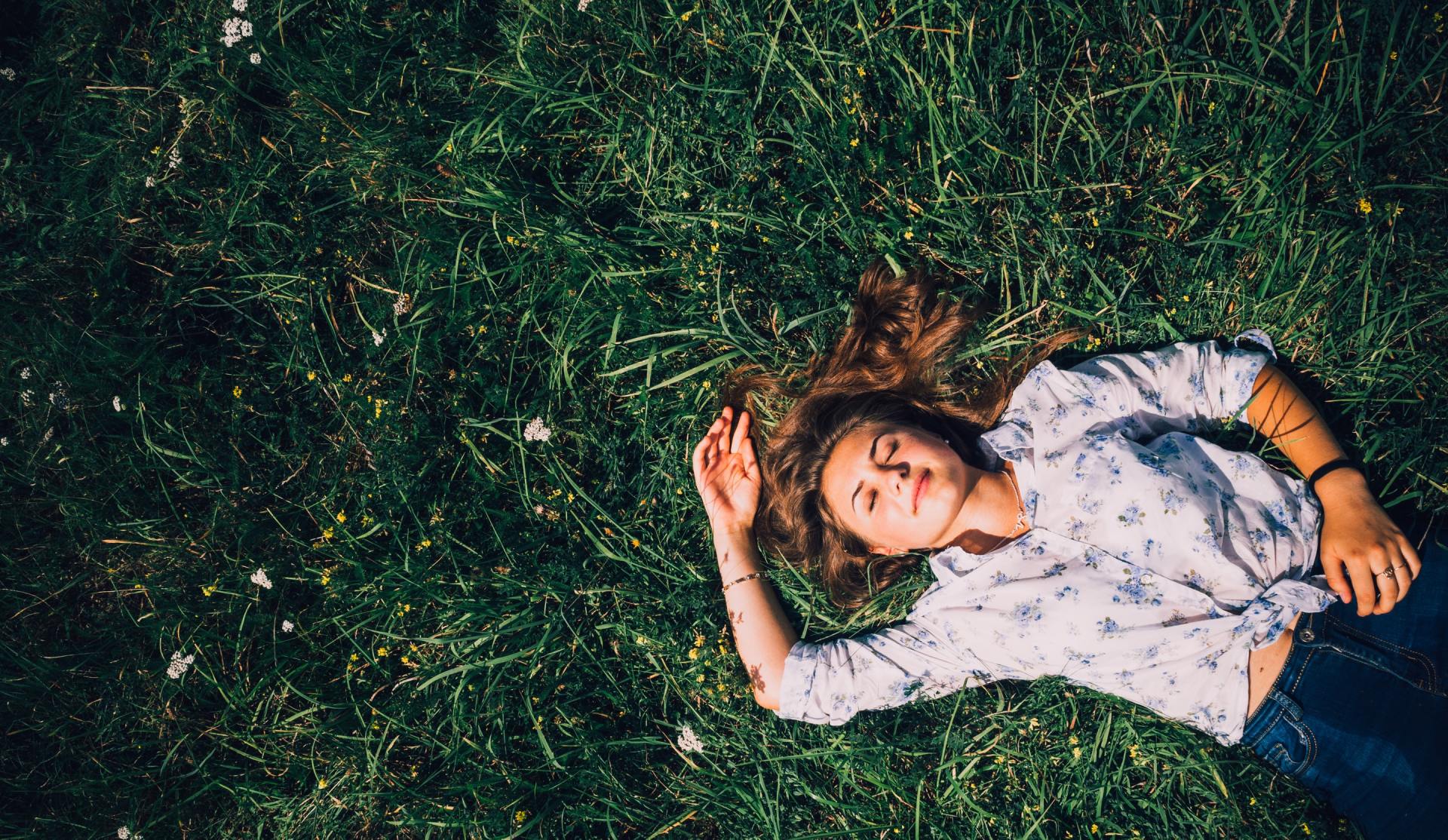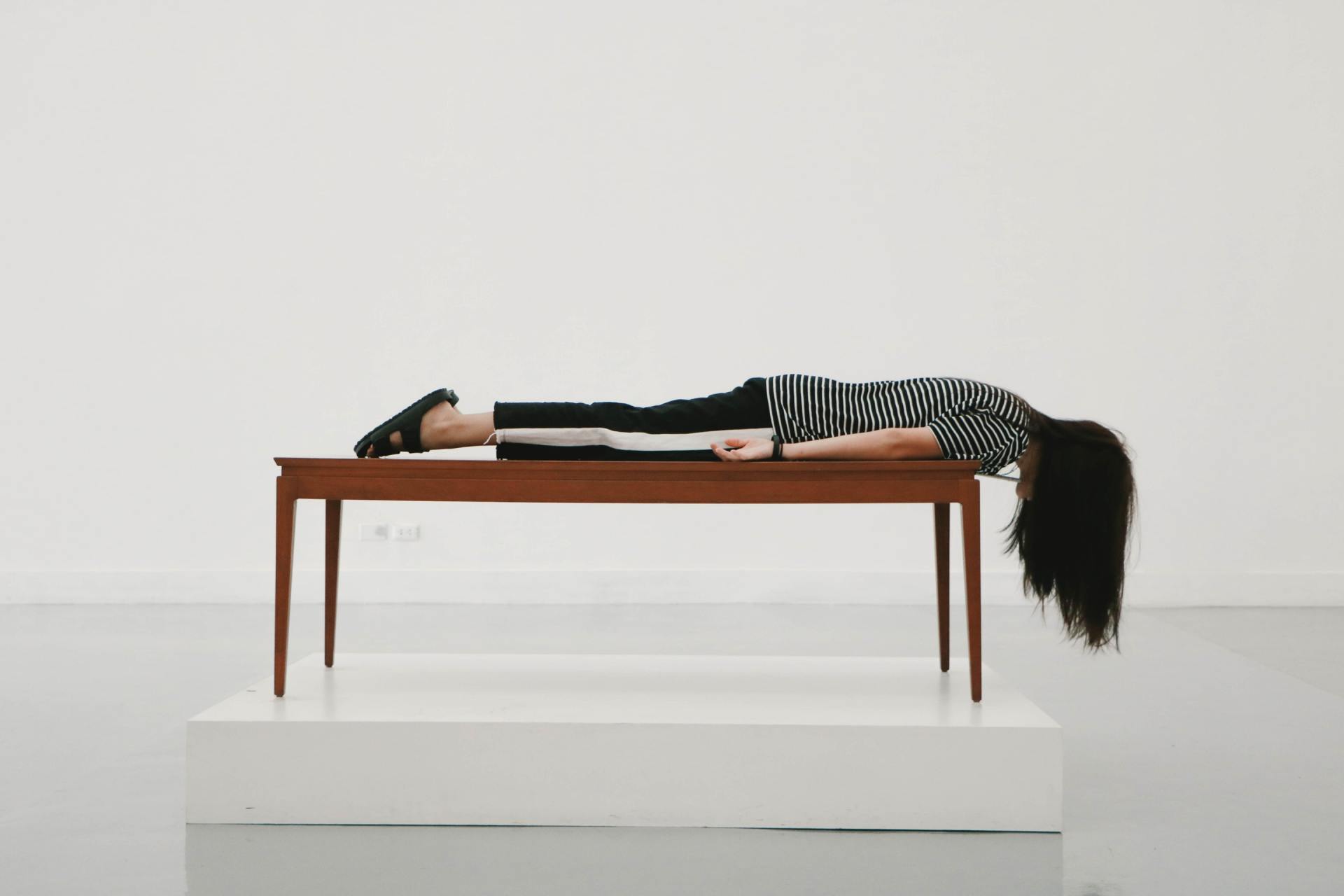News | Blog
Get the Latest on Sleep Solutions by Reading Our Newsfeed & Blogs
CPAP Solutions Inc. is always looking for ways to keep up with the latest in sleep apnea
and sleep solution testing. Here you can find recent news about us as well as the innovations in CPAP equipment. You can also read our latest blog to learn about sleep apnea treatment and other related topics. Be sure to visit this page frequently to see what news and blogs have been added. If you have any questions about the information found here, please contact CPAP Solutions Inc. in Edmonton for more details.
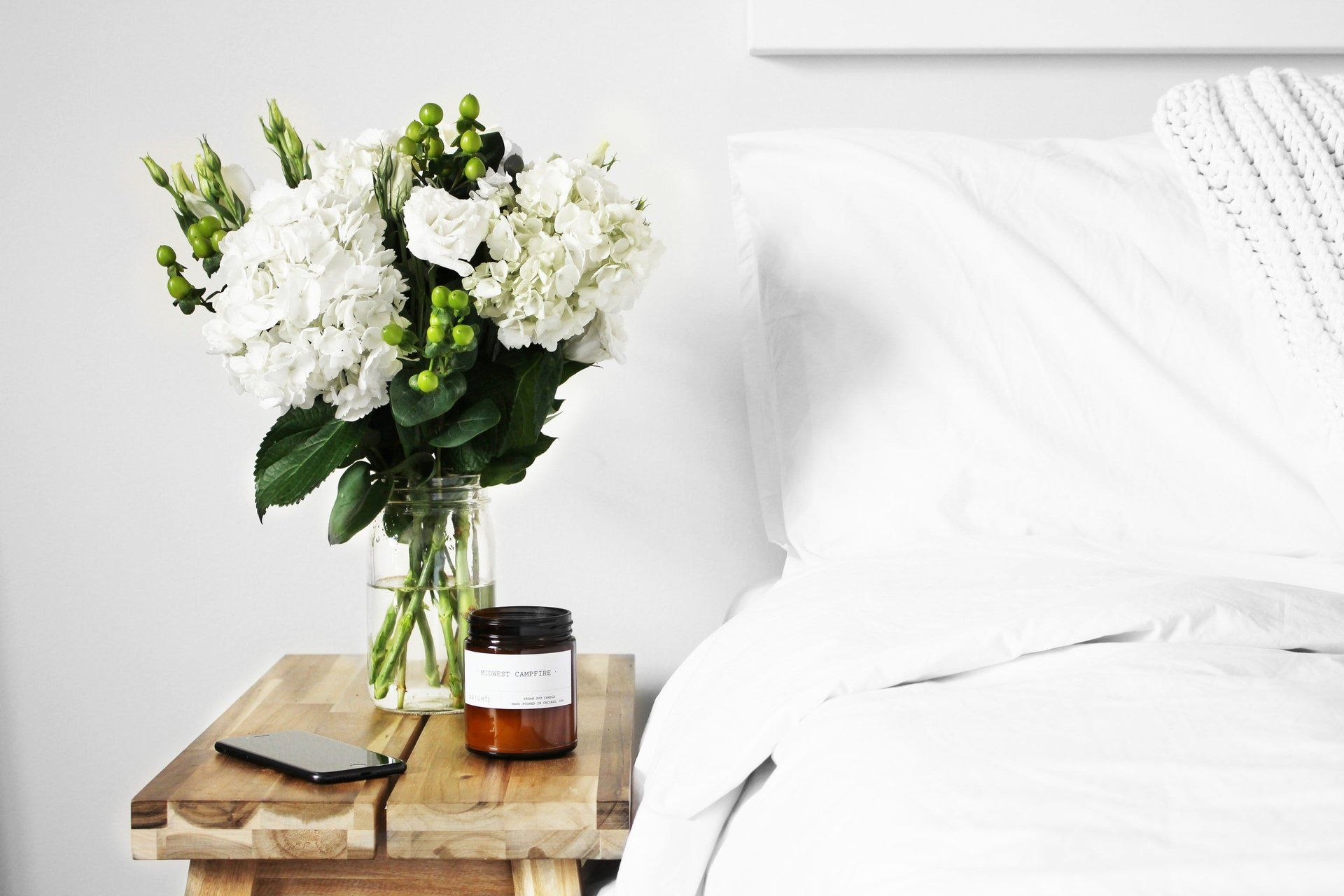
27 Mar, 2020
Summary: Those who sleep well take sleep for granted, but for others, it’s not so simple. Everyone, however, seems fascinated with the reasons why people need to sleep. When those reasons are probed, sometimes the results are disastrous. No Sleep Used as Torture One of the worst horror stories about sleep deprivation is an urban legend known as The Russian Sleep Experiment. This is not a true story, thank goodness, but it does indicate the importance of sleep to mental health. You can read about it here if you love a good horror story with strong elements of truth, but what the story does indicate is how important we believe sleep is, and that we will become paranoid and insane if deprived of it. What is true is that sleep deprivation was used by many governments as a form of torture. The CIA once admitted that they allowed prisoners under interrogation be kept awake for more than a week. Beauty Sleep Turns out to Be Real There has always been disagreement on how much sleep we need. Is it eight hours a day, or will four suffice? Is it important to get “beauty sleep?” In 2013, Swedish researchers studied how people look when they are sleep deprived and found that after 31 hours without sleep, people are judged as less attractive and much sadder than they did after a good night sleep. In 2017 the experiment was done again, and the 25 participants were judged as less healthy and less friendly. Perhaps that is not very surprising! Sleep is a natural anti-depressant. No Sleep? See Spiders The best-documented Guinness World Record holder for sleeplessness was a San Diego teenager named Randy Gardner who stayed awake for 11 days and 24 minutes. This experiment was supervised and documented by professional sleep researchers. Although he is said to have recovered easily after sleeping, and suffered no ill effects while awake, he also became paranoid and suffered hallucinations. It seems that people who go without sleep for a long time do share a common hallucination — they see spiders where there are not spiders. How much more motivation to sleep would anyone need? Your Body Demands Sleep It’s unpleasant and debilitating, but humans don’t die from lack of sleep. A mechanism in our brain ensures that we don’t. This failsafe causes micro sleeps for a period of 1 to 30 seconds. They happen more often than people may realize, but it shows that if people don’t give the brain what it needs, the brain will take it anyway, especially when it comes to proper rest. On the other hand, there are negative consequences from these micro-sleeps. No one wants to lose control of how or when they fall asleep, and some of the most tragic accidents in history happened because someone was tired when they needed to be alert. If sleep is a worry, there is help. CPAP Solutions Inc . has helped people who are suffering from sleep apnea get a good night’s sleep. See a sleep professional if quality sleep is something that eludes you.
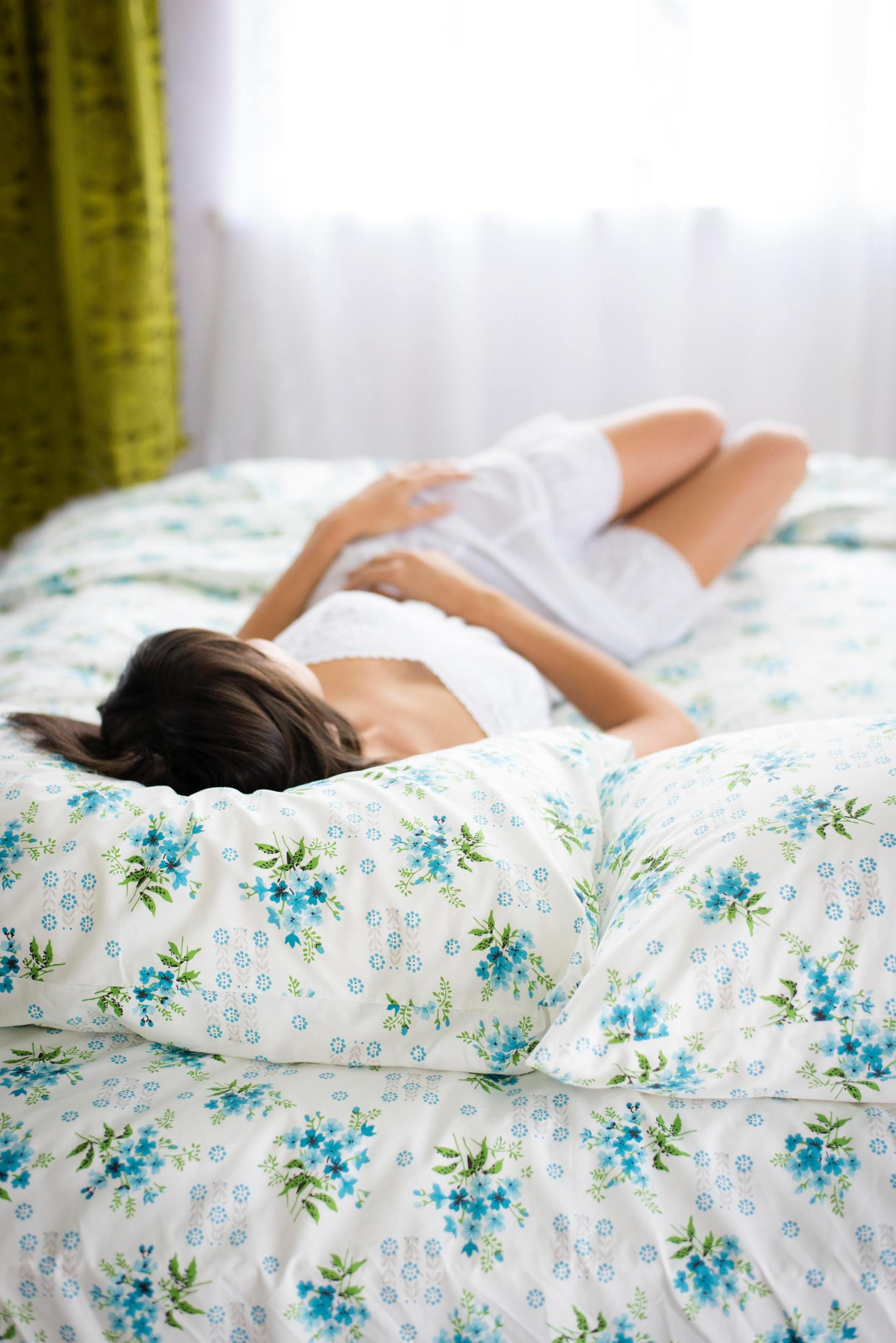
27 Mar, 2020
Summary: Sleep is so important that international organizations have started to take note of what is going on and how tiredness affects health, job performance, driving, and relationships. World Sleep Day is a day to look at and become aware of the importance of a good night’s sleep. Have you heard of it? It happens every year on the Friday before the Spring Vernal Equinox. In 2018, it will be on March 16, and in the year 2019, it will fall on March 15 and on March 14 in 2020. Why does it matter, and what happens on that day? The reason behind World Sleep Day is to recognize the problems that so many people have with sleeping and to understand how something so basic and simple can have such a huge impact on individuals and our surrounding environment. So, it is a call to action, say the organizers, on the important issues surrounding sleep, such as medicine, education, relationships, and general day-to-day living and activities. Of course that affects conditions like sleep apnea, snoring, and everything that makes these things better and worse. The organizers are saying that there are many issues, but it all hinges on people having the awareness of the importance of sleep. What Is the Perfect Amount of Sleep? The World Sleep Society hosts the events around the world, and is responsible for making sure that people are aware of it and events that are held. One of the questions that they are most often asked by everyone who hears of the organization for the first time is “What is the perfect amount of sleep?” Their answer is that it is usually seven hours, but there is more to it than that. The number of hours of sleep is important, but so is the length of uninterrupted sleep time and the depth and quality of sleep in that time. So, it is not just the number of hours, but also continuity and depth that have a big impact on physical and mental health. Healthy Sleep Habits The guidelines for healthy sleep are to plan for a good night by going to bed at a particular time every night and establishing specific sleep and wake schedules. Try to keep to the schedule and if there is a disruption in the schedule, return to it as quickly as possible. Sleep Apnea Sleep disturbances are what can mess things up and those who wake frequently in the night due to sleep apnea can have difficulties attaining good sleep habits. If your sleep apnea or that of your bed partner is keeping you awake at night, it is a big deal. Sleep apnea is one of the issues considered relevant to sleep health. It is important to ensure that people can recognize apnea they have it, and improve its symptoms. Sleep apnea is a very common breathing disorder that is characterized by narrowing and closing of the upper airway during sleep. Frequent waking, loud snoring and excessive sleepiness during waking hours are common indications of sleep apnea. This obviously affects quality of life; however, there are ways of dealing with sleep apnea to improve your sleep and your life. Sleep apnea can significantly affect the quality of your sleep and health, but any health condition that is disruptive requires attention. Work on sleeping through the night every night by consulting experts in sleep disorders, like CPAP Solutions Inc .
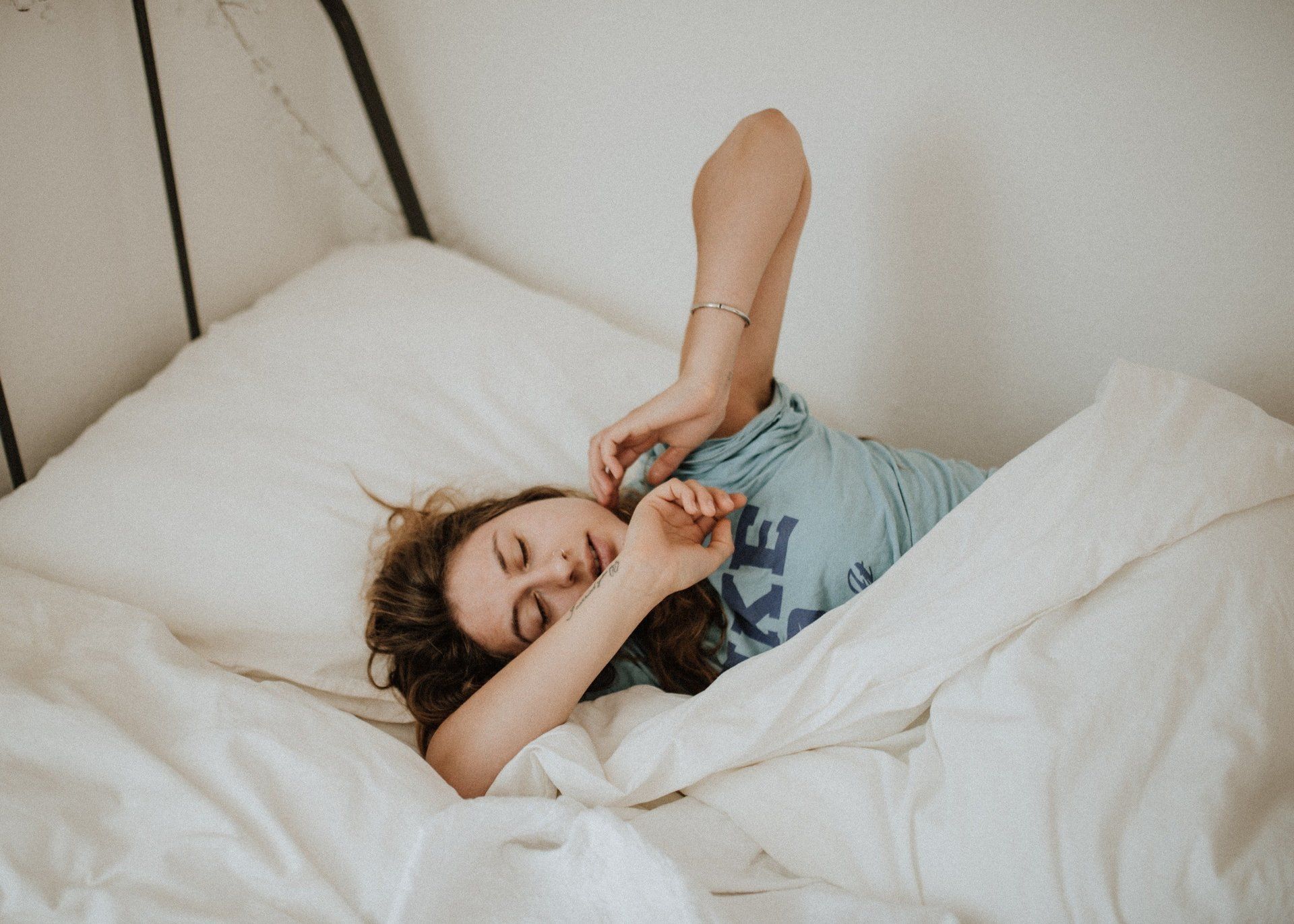
27 Mar, 2020
Summary: We all know a good night’s sleep is important for optimal health, but few understand how big a role sleep plays in our daily lives. In fact, many have gotten to the point where being tired is almost a badge of honour. Bags under the eyes, a lack of focus and being too sleepy to cook healthy meals or exercise is a way of saying, “Look at how much I get done in a day! I’m so busy I don’t have time to sleep!” This is a huge mistake. A two-year study by the National Sleep Foundation concluded that young adults (18-25) need between 7-9 hours of sleep, adults (26-64) require 7-9 hours as well, and seniors (65+) need 7-8. The consequences of not getting enough shut-eye are surprisingly dire. Many accidents, from fender benders to massive meltdowns like Exxon Valdez spill, are the result of sleep deprivation. Continued sleep deprivation can interfere with your heart and contribute to diseases such as diabetes, obesity and depression. Chronic sleep deprivation also plays havoc with your skin, aging you faster than necessary; and on your relationships since being cranky and short-tempered go hand-in-hand with being overtired. However, one of the most important reasons to get the sleep you need is because when the brain is truly at rest, your cerebrospinal fluid in the brain increases and effectively “washes” your brain cells, flushing toxins and helping to starve off brain diseases. Clearly, there are many great reasons to get to bed on time, but for some people, an early bedtime is not enough for a good night sleep. For those that suffer from sleep apnea, a full eight hours still leaves them feeling unrested. Sleep apnea is a serious condition that causes pausing, shallow breathing, or even cessation of breathing during a sleep cycle. This usually chronic condition can stop breathing for several minutes, which affects brain function in addition to causing a very poor quality of sleep. An estimated 850,000+ Canadians suffer from sleep apnea, and while the condition can affect both genders at any age, it is seen primarily in adult men. Typically, sleep apnea happens in conjunction with other health issues, such as obesity, heart failure, hypothyroidism, kidney failure and brain injury. Doctors perform and monitor the electrical activity of the brain, eye and muscle movements, heart rate and breathing flow along with blood oxygen levels to determine if a patient is suffering from sleep apnea. Once diagnosed with sleep apnea, it is vitally important to follow the recommended course of treatment – and this is where CPAP Solutions Inc. comes in. CPAP Solutions Inc. provides continuous positive airway pressure (CPAP) equipment and professional treatment for the full range of sleep apnea disorders. In our facility, trained sleep professionals perform testing as ordered by your physician and help you understand, use and care for the equipment you need. As your one-stop CPAP location, you’ll find a full range of products along with fast, courteous and confidential service. Your treatment progress reports are sent to both you and your physician and you will have annual check-ins to ensure you sleep devices remain at optimal efficiency. There is no disputing the importance of a good night sleep, but when you have sleep apnea, you can feel robbed of the good health and energy you need. Don’t let this common sleep disorder take away from your wellbeing. CPAP Solutions Inc. works with you to give you the best sleep of your life, and with that, the health benefits that come with being properly rested.
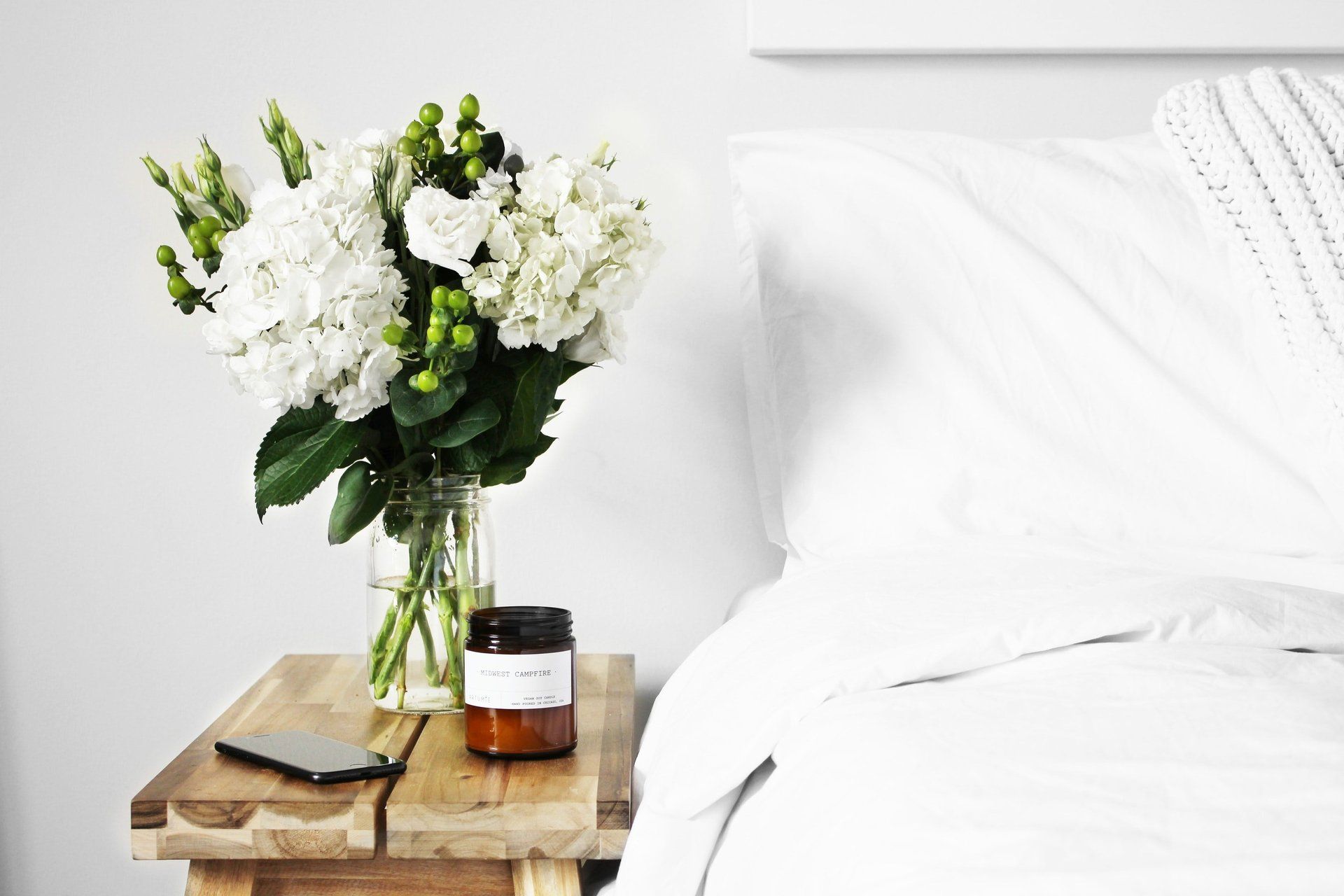
27 Mar, 2020
Summary: Sleep is a very important thing to regulate the quality of life, but too many people are not getting enough sleep or suffer from the effects of sleep disorders. If you are finding that snoring or excessive tiredness is contributing to problems in your life, you may need to see a sleep specialist. This blog gives three of the indicators. Lack of sleep is a big problem throughout the nation. In fact, it is becoming a global epidemic. There are serious health risks; some say that our sleep deficit eventually builds up a debt that our bodies can never fully repay. Sleep problems, such as insomnia, obstructive sleep apnea, restless legs syndrome and many other diagnosable sleep disorders affect up to half of the world’s population. Sleep specialists can help if you think that you are among those who are building up a big sleep debt and you don’t know why. A sleep specialist is medical doctor, or a psychologist with training in sleep medicine and sleep disorders. They understand that even in children, sleep deprivation can contribute to health risks such as obesity, diabetes, high blood pressure, heart attack and stroke, and other medical conditions, as well significant loss to quality of life. In other words, sleep affects all that we do. What Are Three Signs That You Need to Visit a Sleep Specialist? A significant indicator is snoring, although not all snoring is a problem. Everybody snores sometimes, but snoring can be a sign of something more serious. If you feel as though you wake yourself up with your snoring, or your partner wants to sleep in another part of the house entirely, then that may be a problem. People with sleep apnea snore and often wake up not because of the sound of the snoring, but because they can’t breathe. They wake, jumpstart the breath and fall back asleep, sometimes over and over again each night, sometimes without even realizing what they are doing. Falling asleep during the daytime is another sign that you may not be sleeping enough at night, without realizing it. A sleep disorder, or significant lack of sleep, can cause someone to take a micro nap during the day. These naps last only for a moment, but that is enough time to cause an accident, or miss something important. Inability to concentrate may also mean that you are not getting enough sleep, and so is a sudden change in the quality of your health. If you wake up with a headache every day, or are unable to lose weight or are not getting some of the benefits you were expecting from your hard work, then you may not be getting enough sleep. A good night’s rest is essential to restore lost energy and balance. The main sign that you should consult a sleep specialist is not a sign at all. It is a feeling. If you think there is something wrong, there probably is, and it couldn’t hurt to find out. If lack of sleep is causing you problems, or your spouse complains that they are kept awake at night, or moves to another room because of your snoring, then you should consult a sleep specialist to see if your snoring and tiredness is because of sleep apnea or another sleep disorder. If the lack of sleep has been going on for a long time, or is causing you problems in your life then it is time to visit a sleep specialist who can offer some solutions.
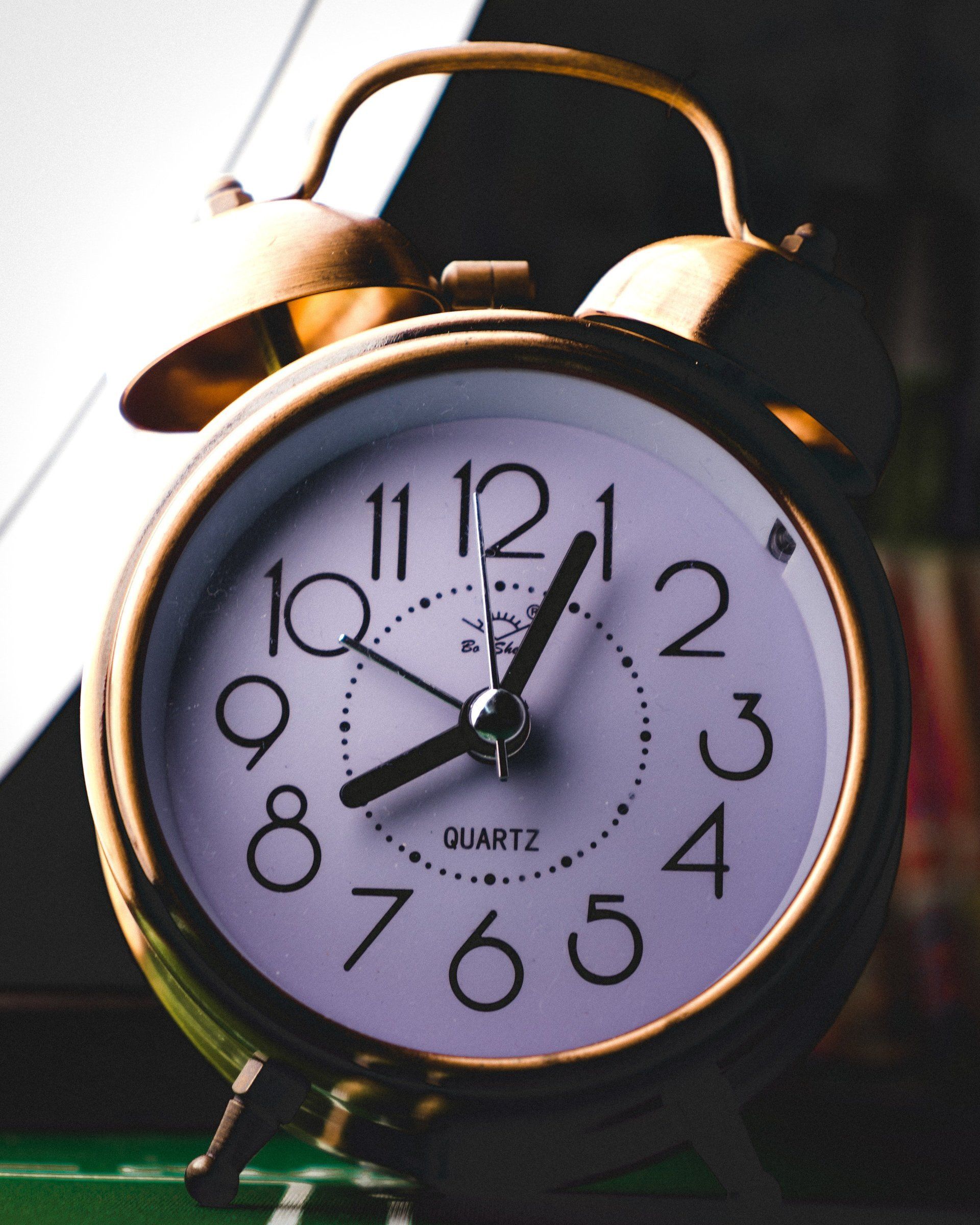
27 Mar, 2020
Summary: Waking up at night and not being able to fall back asleep may be our body’s rhythms at work, not insomnia. Instead of sleeping for a full eight hours, we slept twice a night over twelve hours, with a three-hour break in between. In the break between the first and second sleep, we rested and relaxed. In the past, we didn't sleep for a clean, restful eight hours a night. We followed the pattern of the light and the rhythm of our bodies. In fact, in feeling guilty, or ashamed of ourselves for not being able to sleep, we may be setting ourselves up for an impossible task. Impossible because the modern idea of a good night’s sleep was not ever our ancestors' ambition and not something our bodies come by naturally. Before the Industrial Revolution, we had segmented sleep, said Roger Ekirch of Virginia Tech, who researched every written source available where people discussed their sleep habits. When people woke “in the middle of the night,” they were ready to wake, and they didn't worry because they couldn't get back to sleep and so ruin tomorrow's plans. They just got up. They used the time to do the relaxing personal things that humans rarely seem to have time for today. They used the chamber pot, they stoked the fire, fed the animals, or saw to something in the kitchen. Then they went back to bed, and used the time for reading, writing, praying, meditating, talking to each other and for having sex. There was no better time to conceive a child, 16th century doctors’ advised, than to enjoy your intimacies after the night’s first sleep when your body is rested. People rarely went out of their houses during these hours; not even the rich were concerned with wasting their resources on going out at night. The dark of night was not for respectable people with better things to do. This began to change in 1667 when Paris became the first city to light its streets, with candles in glass lamps, and over the next 50 years, other major cities in Europe followed. Lying in bed at night began to be considered a waste of time, and by the Industrial Revolution, doctors now advised parents to teach their children to be ashamed of their laziness for wanting a second sleep. Their first should be long enough. Since then, waking in the middle of the night and not being able to go back to sleep for two or three hours has been called insomnia. People may not have gotten nor needed our idea of a good eight hours, but they got twelve hours of resting time with eight hours of sleep within that time. Instead of relaxing through the long night, we shorten our twelve hours of rest time down to six, and call ourselves lucky if we get that much. Sleep problems have always been with us, however, even if we were not concerned. But as soon as we stressed ourselves over our wakefulness, the problems around sleep began. Interesting enough, author Charles Dickens described a character who did not sleep at night as being very obese, snored and often fell asleep on the job during the day. Doctors since referred to it as Pickwickian Syndrome, but later we have come to recognize this condition as obstructive sleep apnea. Sleep has been something that has “plagued” us for ages. If your sleep is not restful, visit us at CPAP Solutions Inc. We make the sleep you get count towards productivity during your waking hours.
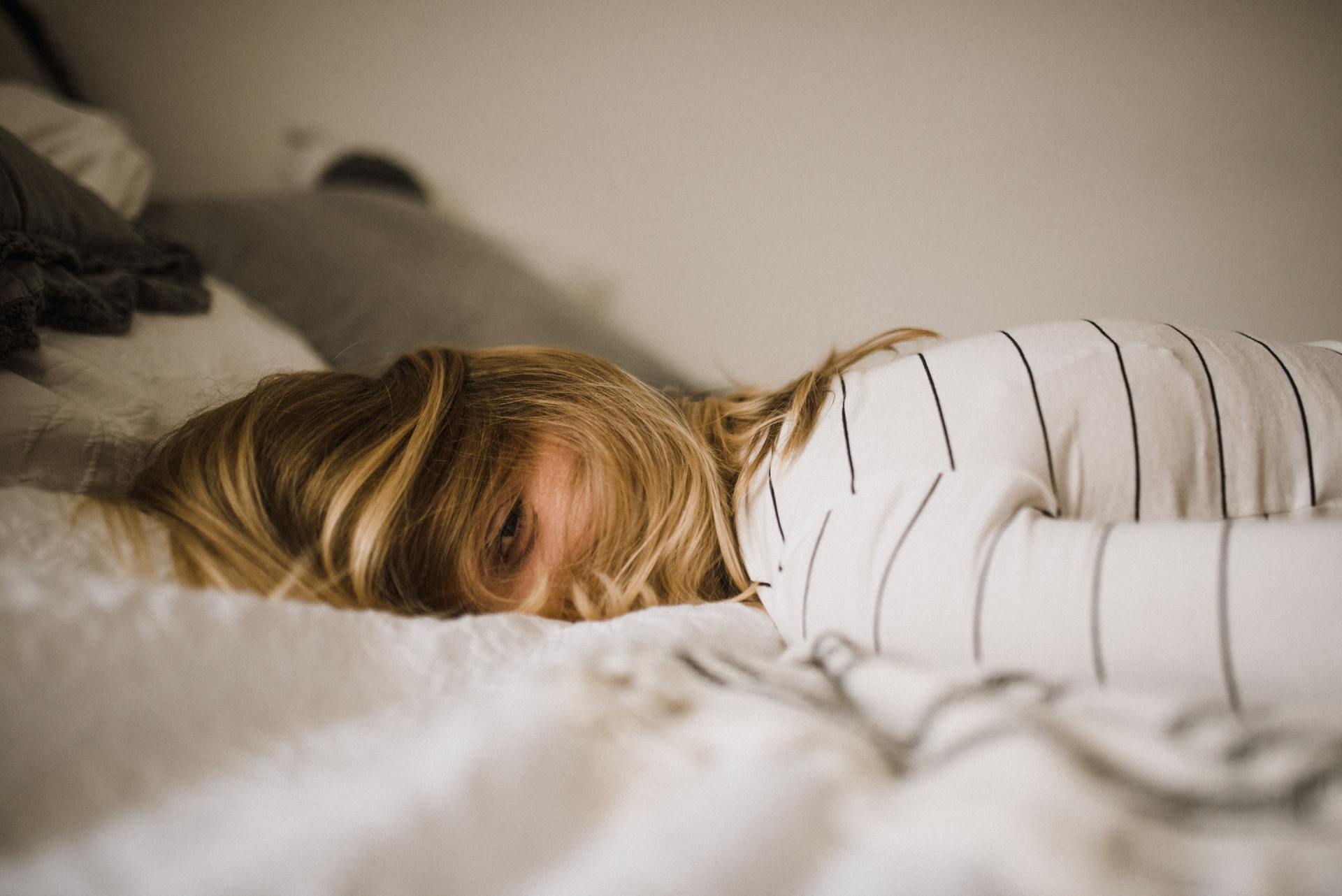
27 Mar, 2020
Summary: Getting used to sleeping while wearing a CPAP mask can be difficult, but it can be done. Give yourself some time to get used to it and very soon you will be noticing the benefits of getting a good sleep. Is the thought of wearing a device to help keep your airways open while you sleep worrying you a little bit? Maybe you are concerned that it’s going to be hard to get to sleep while wearing a breathing mask. Will it be uncomfortable, heavy, too warm, itchy, painful, or noisy? Will it keep your bed partner awake? These are good questions because it actually can take some time to get used to wearing the CPAP machine, but it can be done. Here are some tips to help you adjust. Give It a Fair Chance The first tip is an obvious one. It will be easier to adjust to wearing the apparatus if you have accepted the need to wear it, and accepted that wearing it will help to make things better . Things will not change if you don’t give the machine a chance. For the first 30 days, try to wear the machine for most of the night as you sleep. Set an Alarm Sometimes though, you might push it off while you are sleeping. If this is a problem, address why you think you might be pushing it off. If this is a problem, set an alarm in the night to wake and check if you are still wearing the mask. If not, put it back on. Set the alarm for later and later in the night as you keep it on for longer. Practice If you feel like a little more training in becoming accustomed to the machine, wear it during the day sometimes just to get used to the feel of the machine and to make sure it fits properly. Once your body feels comfortable with the fit and the feel, you will find it easier. Try a Different Machine If the one you have is not fitting comfortably or staying on, then try a different one. Another type might be a better fit for you. Some machines are smaller, lighter or quieter than other models. As more people wear the machines and give feedback on what works and what doesn’t, the machines will continue to improve to make them easier to sleep with. Discuss the variety of CPAP machines available with your doctor and the store where they are sold. It will take time to get accustomed to wearing the CPAP machine, but as it begins to make a difference in the quality of your sleep, you will probably find that wearing it will be easier, especially as the time goes on. If your sleep doesn’t improve, or you find that some of the side effects of wearing the machine are getting worse instead of better as time goes on, then talk to CPAP specialist to see if the machine you have is actually the right one for you.
CONTACT INFORMATION
Address: 170-17010 103 Ave NW,
Edmonton, AB, T5S 1K7
SERVICE AREA
Edmonton
Spruce Grove
Stony Plain
St. Albert
Sherwood Park
Devon
Beaumont
Leduc
HOURS
During the Months of July & August
Monday – Friday: 8:30 AM – 4:30 PM (Closed during lunch hour)
Saturday: 8:00 AM – 12:00 PM
(By appointment only)
Regular Hours
Monday – Friday: 8:30 AM – 4:30 PM (Closed during lunch hour)
Saturday: 8:00 AM – 12:00 PM
(By appointment only)
Closed Most Statutory Holidays
Call to Confirm
Appointments can be booked after hours on weekdays if needed
© 2024
All Rights Reserved | CPAP Solutions Inc.

